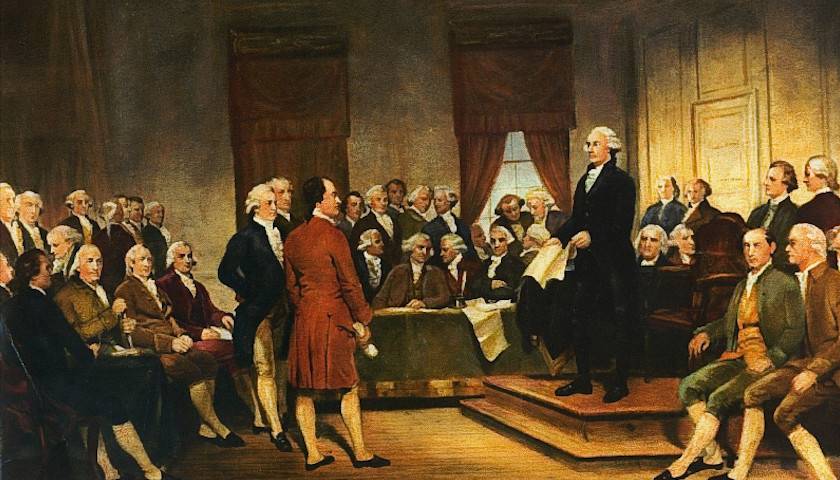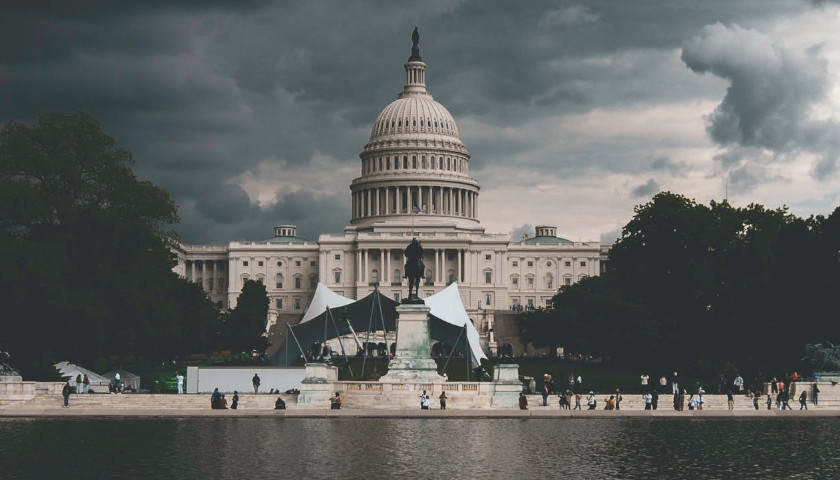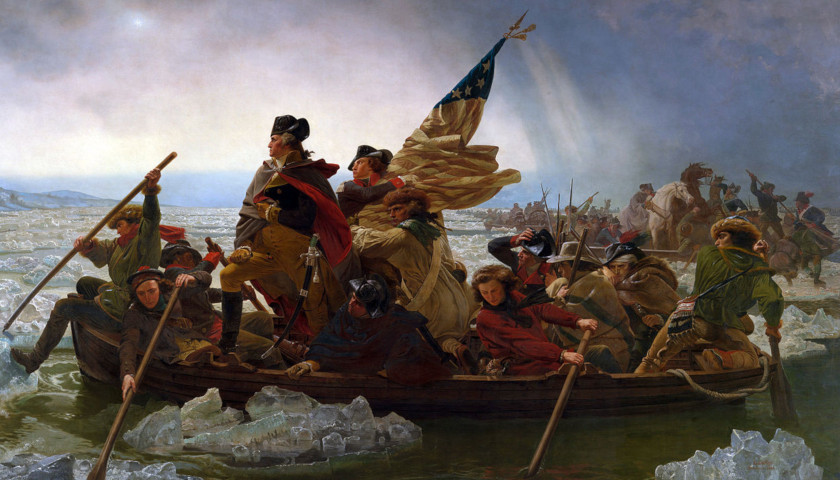As we celebrate our independence on the Fourth of July, Americans would do well to reflect upon what’s necessary for a nation conceived in liberty, and dedicated to the proposition that all men are created equal, to long endure.
Read MoreTag: Self Government
Commentary: American Self-Government Is Falling Apart
The American system does not require unanimity. In fact, its design presumes deep disagreement on matters of morality and policy.
This is why questions like religion are left to individual conscience, and why most policy is left to states or even smaller units, where the law’s touch will not be felt as harshly, because it reflects the more similar values of a smaller group. Finally, regardless of who has the reins of the federal government, the Constitution renders a great deal of substantive activity off limits, as exemplified by the Bill of Rights.
Read MoreCommentary: The Great American Con
Gabriel: “Do you know the difference between a hustler and a good con man?”
Fitz: “No.”
Gabriel: “A hustler has to get out of town as quick as he can, but a good con man—he doesn’t have to leave
—Steven McKay, Diggstown
The Kansas City Shuffle: Winston-Salem, NC, 1985
I was a 16-year-old kid out with my girlfriend on a Friday night. We were at the county fair, where we wandered a lane crowded by brightly lit booths advertising competitions of chance and skill. Carnies invited us to toss baseballs into milk jugs, shoot basketballs through hoops, and pop balloons with darts. They made the games seem easy, but I’d never had much luck at them. I couldn’t throw a ball fast enough at the pitching booth, or swing a mallet hard enough to ring the bell at the strongman game. Still, I really wanted to win a prize for my girlfriend.
Read MoreCommentary: The Great American Con
Gabriel: “Do you know the difference between a hustler and a good con man?”
Fitz: “No.”
Gabriel: “A hustler has to get out of town as quick as he can, but a good con man—he doesn’t have to leave
—Steven McKay, Diggstown
The Kansas City Shuffle: Winston-Salem, NC, 1985
I was a 16-year-old kid out with my girlfriend on a Friday night. We were at the county fair, where we wandered a lane crowded by brightly lit booths advertising competitions of chance and skill. Carnies invited us to toss baseballs into milk jugs, shoot basketballs through hoops, and pop balloons with darts. They made the games seem easy, but I’d never had much luck at them. I couldn’t throw a ball fast enough at the pitching booth, or swing a mallet hard enough to ring the bell at the strongman game. Still, I really wanted to win a prize for my girlfriend.
Read MoreCommentary: Civic Virtues as Moral Facts Trying to Recover the Other Half of Our Founding
Until a half century ago or so, there was a moral consensus, however fraying, that informed and shaped the exercise of freedom in the Western world. The self-determination of human beings, of citizens in self-governing political orders, presupposed a civilized inheritance that allowed free men and women to distinguish, without angst or arduous effort, between liberty and license, good and evil, honorable lives and dissolute and disgraceful ones. Few would have suggested that liberty and human dignity could long flourish without a sense of moral obligation and civic spirit on the part of proud, rights-bearing individuals.
Read More



